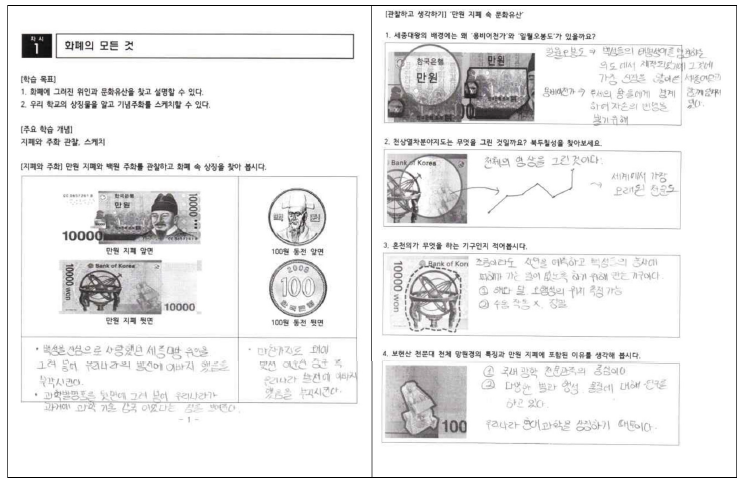Abstract
The purpose of this study is to investigate the middle school students’ attitude toward STEM (Science, Technology, Engineering, and Mathematics) and the change of learning motivation by developing and applying Maker education-based STEM program. The STEM program was developed as the 4 classes under the topic of ‘the school commemorative coin contest exhibit’. The final program, which had been revised and complemented through the program consultation from the specialists in subject pedagogy and technology/engineering in the STEM field, proved to have its effects on 50 second-graders of D middle school in a Metropolitan City. The results of the Maker education-based STEM program are as follows. First, it helped the students’ future and integrated thinking capacities and developed program to make it possible in the maker space in school. Second, the developed STEM program showed statistically significant improvements in the learning motivation. Third, the program showed statistically significant improvements in the awareness of technology/engineering, mathematics, technology/engineering interest maintenance, mathematics interest maintenance. The average value rose and showed statistically significant improvements in both the intrinsic motivation and learning motivation. In conclusion, the Maker education-based STEM program under the topic of ‘the school contest exhibit’ showed commemorative coin improvement in the technology/engineering, the awareness and interest of mathematics among the attitudes toward STEM. Learning motivation like intrinsic motivation about learning and class motivation showed significant improvements. The newly developed Maker education-based STEM program is thought to be of much use and thus maker education and STEM education will enhance the understanding of science, technology, mathematics and contribute to developing convergent human resources with creative thought ability.
Figures & Tables

Fig. 1. Example of student’s worksheet in the first class


